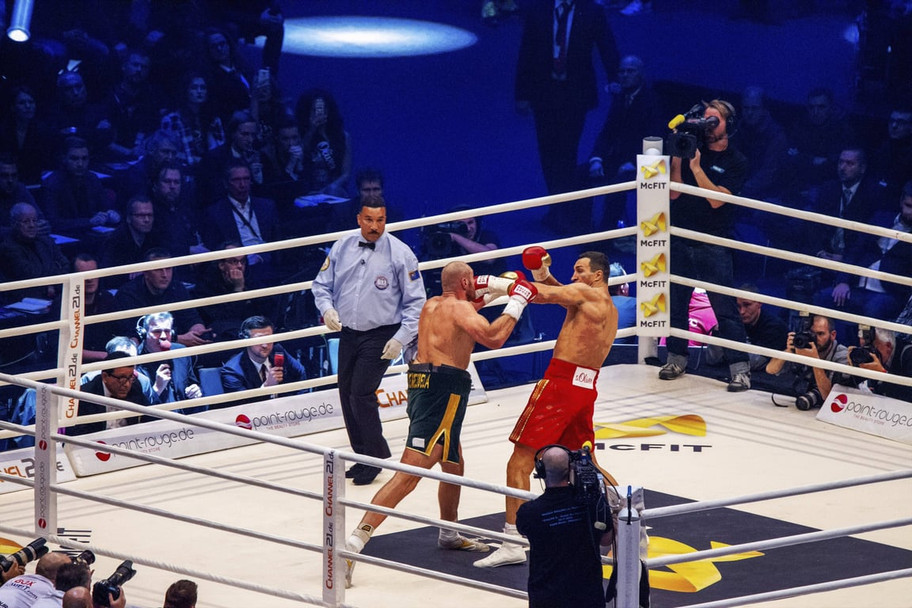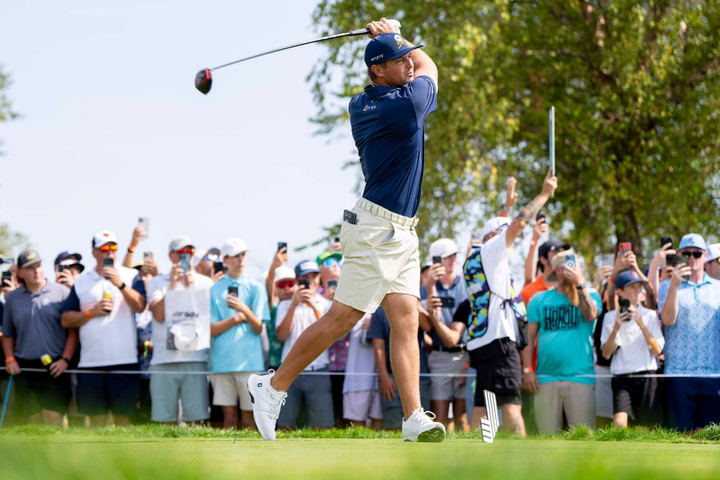Unlocking boxing betting – 13 facts and figures you won’t believe!

Boxing, often referred to as ‘the sweet science’, has captivated audiences for centuries with its raw display of skill, strategy and physical prowess. Alongside the sport’s growth, betting on boxing matches has become an integral part of the experience for many fans.
Several factors contribute to the widespread appeal of betting on boxing matches, in addition to the thrill of watching sports history being made in front of your very own eyes. Boxing matches, especially championship fights, often feature enormous purses and can create career-defining moments. This high-stakes atmosphere naturally lends itself to betting, as fans seek to add another layer of excitement to the already intense spectacle.
Love boxing? Find the best boxing betting sites and bet with welcome bonuses today.
Another is the global appeal of boxing; the sport’s international popularity means that there are matches and betting opportunities available all year round, catering to a worldwide audience of fans and bettors.
FIRST explores the reasons behind the expanding popularity of boxing betting, delving into its rich history to give 13 intriguing facts and statistics that showcase its significance in the world of sports wagering.
FIRST’s 13 key facts and stats about boxing betting
1. Market size
The global sports betting market was valued at $85.047bn (£64.8bn) in 2022, with boxing accounting for a significant portion of this figure. The market is projected to grow at a compound annual growth rate (CAGR) of 10.3% from 2023 to 2030.
2. Biggest boxing bet
The largest recorded single bet on a boxing match was placed on himself by Floyd Mayweather Jr. in his 2017 fight against triple-weight UFC champion, Conor McGregor. Mayweather attempted to place a $400,000 bet on himself to win by knockout, but the bookmaker limited him to an $87,000 wager due to ethical concerns.
3. Highest odds
One of the biggest upsets in boxing history occurred in 1990 when Buster Douglas defeated Mike Tyson at odds of 42/1. A $100 bet on Douglas would have yielded a whopping $4,200 payout.
4. Betting volume for super fights
The 2015 bout between Floyd Mayweather Jr. and Manny Pacquiao generated an estimated $250m in betting handles in Nevada alone. This figure represents the largest boxing betting volume for a single fight in the state's history.
5. Mobile betting impact
The introduction of mobile betting apps has significantly increased boxing wagering activity. In the UK, mobile devices accounted for 82% of all online sports bets placed in 2022, with boxing seeing a particular surge in mobile betting during major events.
6. In-play betting growth
Live or in-play betting has become increasingly popular in boxing. During the 2021 exhibition match between Floyd Mayweather Jr. and Logan Paul, some online bookies reported that over 50% of the total betting handle came from in-play wagers.
7. Cryptocurrency and boxing betting
The use of cryptocurrencies for boxing betting has grown rapidly in recent years. For the 2021 fight between Jake Paul and Ben Askren, one cryptocurrency-based bookmaker reported handling over $1m in bets, primarily in Bitcoin.
8. Regional variations
Boxing betting popularity varies significantly by region. In the United Kingdom, boxing consistently ranks among the top five sports for betting volume. In contrast, it typically ranks outside the top 10 in the United States; because sports like American football and basketball dominate.
9. Proposition bet popularity
‘Exotic’ or ‘props bets’ have become increasingly popular in boxing. For the 2017 Mayweather-McGregor fight, some bookmakers offered over 100 different proposition bets, ranging from the colour of Mayweather's shorts to whether McGregor would be knocked down multiple times.
10. Gambling problems and boxing betting
A 2019 study published in the Journal of Gambling Studies found that individuals who frequently bet on boxing matches were more likely to exhibit signs of problem gambling compared to those who primarily bet on team sports. The study suggested that the high-stakes nature of boxing events and the potential for large payouts may contribute to this increased risk.
11. Generational appeal
Contrary to popular belief, boxing betting appeals to a younger demographic than many other sports. A 2022 survey conducted by the UK Gambling Commission found that 37% of boxing bettors were between the ages of 18 and 34, compared to just 28% for horse racing and 31% for football.
12. Gender gap
While boxing viewership has become more balanced in recent years, betting remains predominantly male-dominated. A 2023 industry report indicated that men account for approximately 78% of all boxing bets placed globally.
13. Increased fighter earnings
The growth of boxing betting has indirectly contributed to increased fighter purses. As betting activity drives interest and viewership, it has helped boxers command larger paychecks. For example, the 2022 heavyweight title fight between Tyson Fury and Dillian Whyte generated over £50m in bets in the UK alone, contributing to Fury's reported £22m purse.
The history of boxing betting
Betting on boxing matches has a long and storied history, intertwined with the sport’s development from ancient times to today. The practice of wagering on combat sports dates back to ancient Greece and Rome, when spectators would bet on gladiatorial contests and boxing matches, often using valuable items or currency as stakes.
Later down the line, as organised boxing emerged in England during the 18th century, betting became an integral part of the whole spectacle. Wealthy patrons would sponsor fighters and place substantial wagers on the outcomes of bare-knuckle contests.
The Sullivan-Kilrain fight of 1889 was a heavyweight championship bout between John L. Sullivan and Jake Kilrain and is often cited as a watershed moment in boxing betting history. Taking place in an obscure location in south Mississippi, the fight attracted an estimated $250,000 in wagers (equivalent to over $7m today), highlighting the growing economic impact of boxing betting.
The beginnings of boxing regulation
As the popularity of boxing soared in the United States in the early 20th century, it attracted the attention of organised crime syndicates. These groups often controlled both the fighters and the betting operations, leading to numerous fixed fights and scandals.
The mid-20th century saw increased efforts to regulate both boxing and sports betting. The establishment of athletic commissions and the gradual legalisation of sports betting in various jurisdictions helped legitimise boxing wagering.
With the emergence of online betting platforms, in the late 20th and early 21st centuries revolutionising boxing betting, fans gained access to a wider range of betting options, live in-play wagering and the ability to compare odds across multiple bookmakers.
Boxing betting: Where are we today?
The enduring popularity of boxing betting is a testament to the sport's timeless appeal and the thrill of wagering on one-on-one combat. From its ancient origins to the current digital age, boxing betting has evolved alongside the sport itself, reflecting changes in technology, regulation and global culture.
As the sports betting industry continues to grow and innovate, boxing will likely remain a key player in this lucrative market, offering fans new and exciting ways to engage with the sport. With more than 17 weight classes in the sport, simply understanding how the weight classes work and affect your boxing strategy alone is riveting.
While the potential risks associated with gambling should not be overlooked, the fact remains that betting has become an integral part of the boxing experience for many fans. As long as fighters are willing to step into the ring and test their mettle against one another, there will be those eager to put their money where their mouth is, adding yet another layer of excitement to one of the world's oldest and most captivating sports.






 Best Premier League stadiums for fans revealed: Liverpool top, Arsenal in bottom three
Best Premier League stadiums for fans revealed: Liverpool top, Arsenal in bottom three
 Course layout and the five pillars of success to inform your golf betting strategy
Course layout and the five pillars of success to inform your golf betting strategy
 How can xG be used to identify good bets?
How can xG be used to identify good bets?
